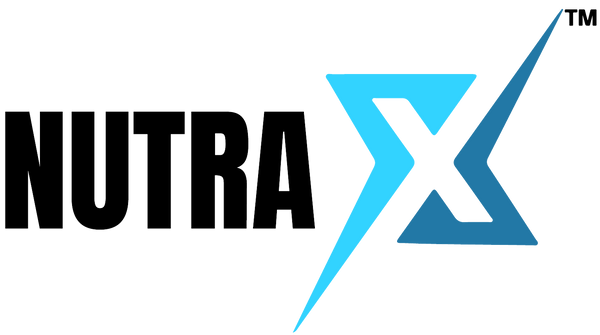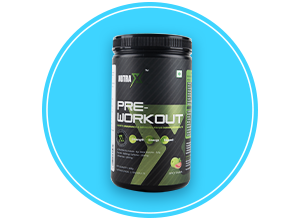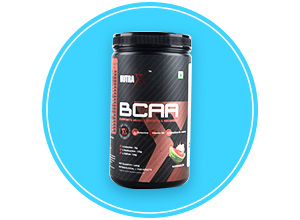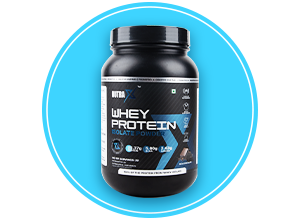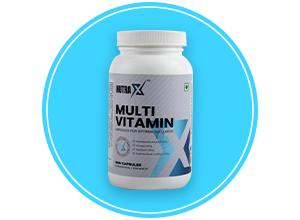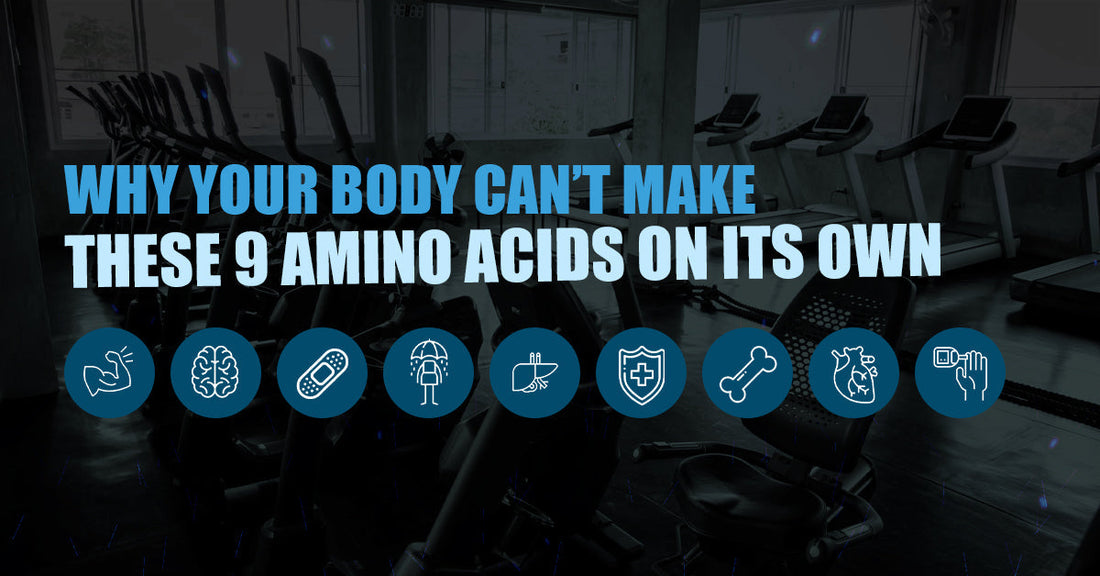
Why Your Body Can’t Make These 9 Amino Acids On Its Own?
Share
Amino acids are the raw materials your body uses to build proteins-the foundation of muscles, tissues, enzymes, hormones, and more. Of the 20 amino acids your body uses regularly, nine are classified as essential. But what makes them "essential"? Simply put: your body cannot produce them, so they must come from your diet.
In this article, we’ll break down why your body can’t synthesize these nine amino acids on its own, what makes them so important, and how you can make sure you're getting enough.
What Are Essential Amino Acids?
Essential amino acids (EAAs) are a specific group of amino acids that your body needs to function but can’t make internally. These include:
- Histidine
- Isoleucine
- Leucine
- Lysine
- Methionine
- Phenylalanine
- Threonine
- Tryptophan
- Valine
Each plays a unique role in your health, from muscle repair and neurotransmitter production to supporting your immune system and metabolism.
Why Can’t the Body Make These?
The short answer lies in biochemistry. Amino acids are created through complex metabolic pathways involving enzymes and molecular precursors. Your body can make non-essential amino acids using nitrogen and carbon from existing compounds. But with essential amino acids, the necessary enzymes or pathways are absent or incomplete in the human body.
In evolutionary terms, it's likely that producing these amino acids was either too energy-intensive or unnecessary as long as they could be obtained from food. So instead of building them, the human body evolved to absorb them directly from dietary sources.
The Unique Role of Each Essential Amino Acid
1. Histidine
Needed for producing histamine, a molecule involved in immune response, digestion, and sleep cycles. It's also critical for forming the protective sheaths around nerve cells.
2. Isoleucine
A branched-chain amino acid (BCAA) that helps regulate energy, supports muscle repair, and assists with hemoglobin production.
3. Leucine
Another BCAA, leucine is known for triggering muscle protein synthesis—a must for muscle growth and recovery.
4. Lysine
Important for collagen formation, calcium absorption, and maintaining a strong immune system.
5. Methionine
Contains sulfur, a key element for detoxification and tissue repair. Also involved in the synthesis of other amino acids.
6. Phenylalanine
Acts as a precursor to important brain chemicals like dopamine and norepinephrine, influencing mood, alertness, and stress response.
7. Threonine
Vital for skin and connective tissue health. Supports immune function and fat metabolism.
8. Tryptophan
Known for its role in producing serotonin, the neurotransmitter that affects mood, appetite, and sleep.
9. Valine
A BCAA involved in energy production, tissue repair, and maintaining mental focus.
Why You Need Them in Your Diet
Since your body can’t store essential amino acids for long periods, you need to consume them daily. Without a steady intake:
- Muscle tissue breaks down
- Wound healing slows
- Immune defenses weaken
- Mood and cognitive function decline
A lack of even one essential amino acid can disrupt your body’s ability to use the others effectively, stalling protein synthesis and other critical functions.
Can You Get Them All from Food?
Yes. In fact, it's very doable with a balanced diet.
Best Sources of Essential Amino Acids
- Animal-based foods: meat, poultry, fish, eggs, and dairy naturally contain all nine EAAs in optimal ratios.
- Plant-based options: soy (tofu, tempeh, edamame), quinoa, buckwheat, hemp seeds, and chia seeds are complete proteins. Other sources like beans, lentils, grains, and nuts need to be eaten in complementary combinations.
Also Read: How to Get All 9 Essential Amino Acids in a Vegetarian or Vegan Diet?
The Myth of Protein Combining
For years, people believed you had to combine plant proteins (like rice and beans) in the same meal to get all the EAAs. We now know that's unnecessary. As long as you eat a variety of plant-based proteins throughout the day, your body can assemble the full profile.
Who Is at Risk of Deficiency?
Most people who eat enough calories from a variety of foods will meet their essential amino acid needs. However, certain groups may need to be more mindful:
- Vegans and vegetarians not eating complete proteins regularly
- Athletes with high protein turnover
- Elderly individuals with reduced appetite or nutrient absorption
- People recovering from illness or surgery
Should You Use Supplements?
Supplementing with essential amino acids isn’t necessary for everyone, but in today’s lifestyle, it can be incredibly beneficial. Whole foods should always be the foundation of your diet, but supplements act as a reliable backup to fill in the gaps-especially during phases of intense training, recovery, or when dietary restrictions make it harder to meet your needs.
For example, during intense workouts or muscle recovery, your body demands higher amounts of amino acids than you might easily get from meals alone. This is where a BCAA supplement or a high-quality Protein Whey Isolate can play a powerful role. Both provide the building blocks your muscles need quickly, helping improve endurance, reduce fatigue, and accelerate repair.
When healing from injuries or recovering from surgery, your body’s repair processes go into overdrive. Supplementing with EAAs (Essential Amino Acids) at this stage supports tissue regeneration, immune response, and faster recovery-ensuring your body has the tools it needs to bounce back stronger.
For people with digestive issues or limited absorption, supplements offer a more direct way of delivering amino acids without overloading the digestive system. A Protein Whey Isolate supplement is especially beneficial here because it’s easy to digest, low in lactose, and provides a complete amino acid profile.
Even in everyday life, supplements can help busy professionals, vegetarians, and vegans who may miss out on complete proteins consistently. Instead of worrying about whether every meal is perfectly balanced, adding a NutraX Protein Whey Isolate or NutraX BCAA Supplement to your routine gives peace of mind and ensures your body always has access to the nutrients it needs.
The key is choosing supplements from trusted, transparent brands that test for purity, quality, and effectiveness. NutraX formulations are designed with clean labels, no unnecessary fillers, and the right spectrum of amino acids-giving you confidence in every scoop.
How to Ensure You Get Enough
- Eat a variety of protein sources daily
- Don’t skip meals, especially post-workout when your body needs EAAs for repair
- Focus on whole foods before turning to supplements
- Pay attention to overall protein intake: most adults need 0.8 grams per kilogram of body weight, more if active
Conclusion
The reason your body can’t make essential amino acids comes down to biology: it simply doesn’t have the machinery. But nature has provided a solution-food. A balanced diet with enough complete or complementary proteins can give your body everything it needs to thrive.
Whether you eat meat, follow a plant-based lifestyle, or fall somewhere in between, the goal is the same: keep your amino acid intake consistent and diverse. When you do, you support every vital function your body performs, from building muscle and healing wounds to staying sharp and feeling balanced.
Essential amino acids might be small on a molecular level, but they play a massive role in your overall health.
You May Also Like to Read:
